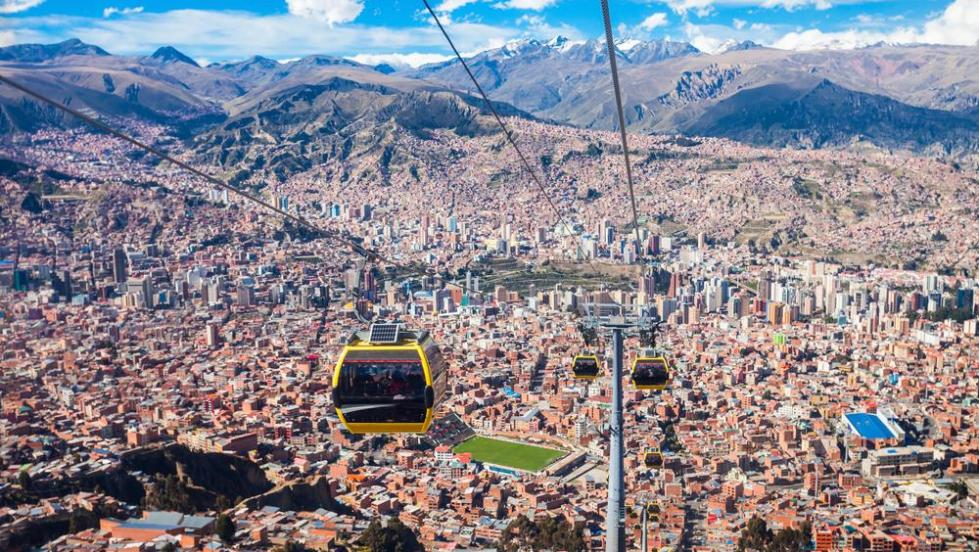About Bolivia
Bolivia is a country in central South America, with a varied terrain spanning Andes Mountains, the Atacama Desert and Amazon Basin rainforest. At more than 3,500m, its administrative capital, La Paz, sits on the Andes’ Altiplano plateau with snow-capped Mt. Illimani in the background. Nearby is glass-smooth Lake Titicaca, the continent’s largest lake, straddling the border with Peru. Before Spanish colonization, the Andean region of Bolivia was part of the Inca Empire, while the northern and eastern lowlands were inhabited by independent tribes. Spanish conquistadors arriving from Cuzco and Asunción took control of the region in the 16th century. During the Spanish colonial period Bolivia was administered by the Royal Audiencia of Charcas. Spain built its empire in great part upon the silver that was extracted from Bolivia's mines. The climate of Bolivia varies drastically from one eco-region to the other, from the tropics in the eastern llanos to a polar climate in the western Andes. Bolivia has a rich folklore. Its regional folk music is distinctive and varied. The "devil dances" at the annual carnival of Oruro are one of the great folkloric events of South America, as is the lesser known carnival at Tarabuco. The best known of the various festivals found in the country is the "Carnaval de Oruro", which was among the first 19 "Masterpieces of the Oral and Intangible Heritage of Humanity", as proclaimed by UNESCO in May 2001. As well as carnivals there are many beautiful places to visit.
